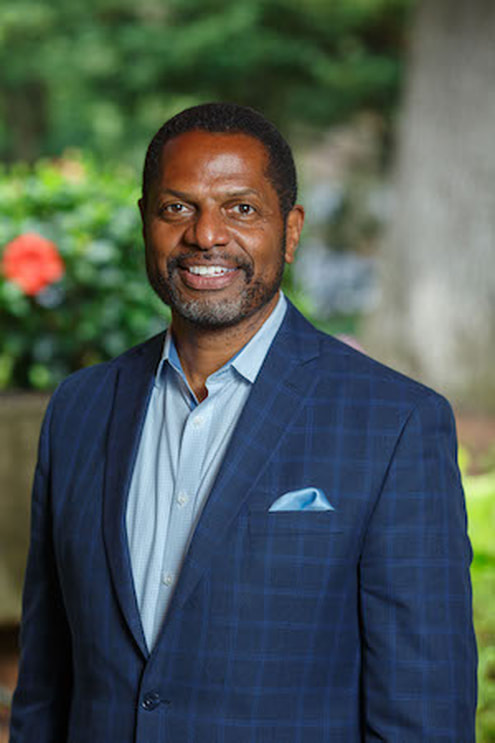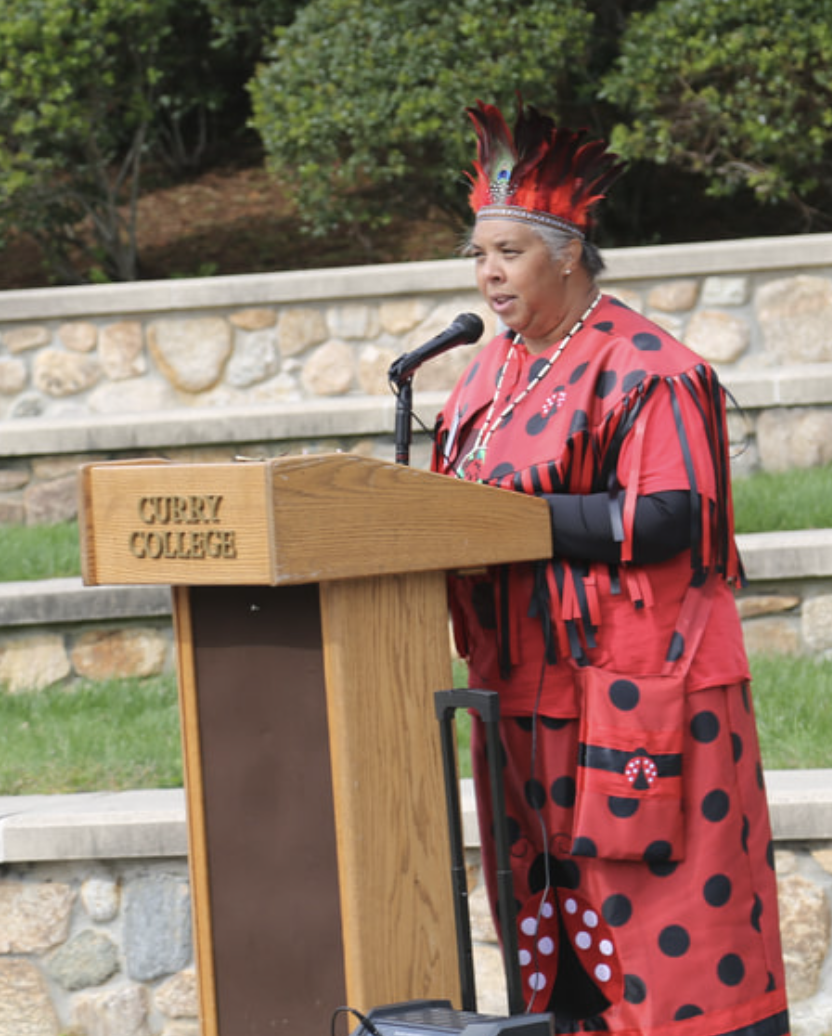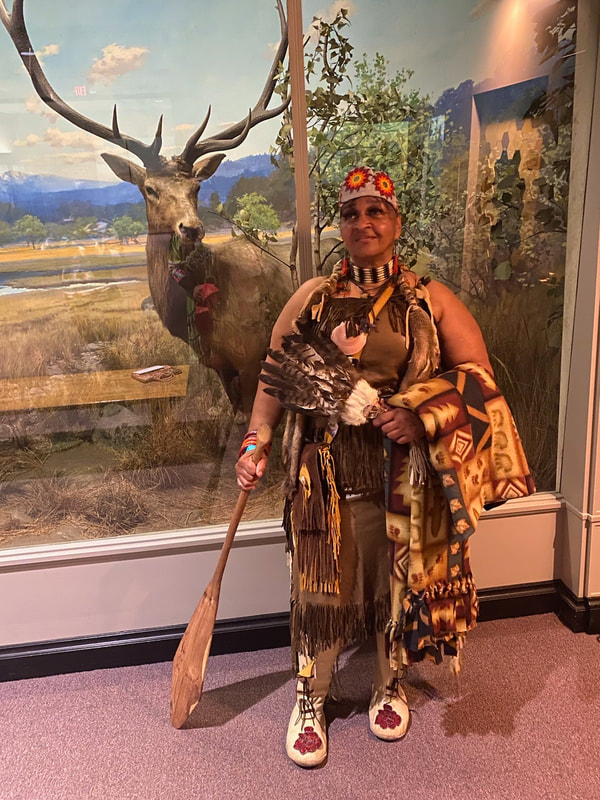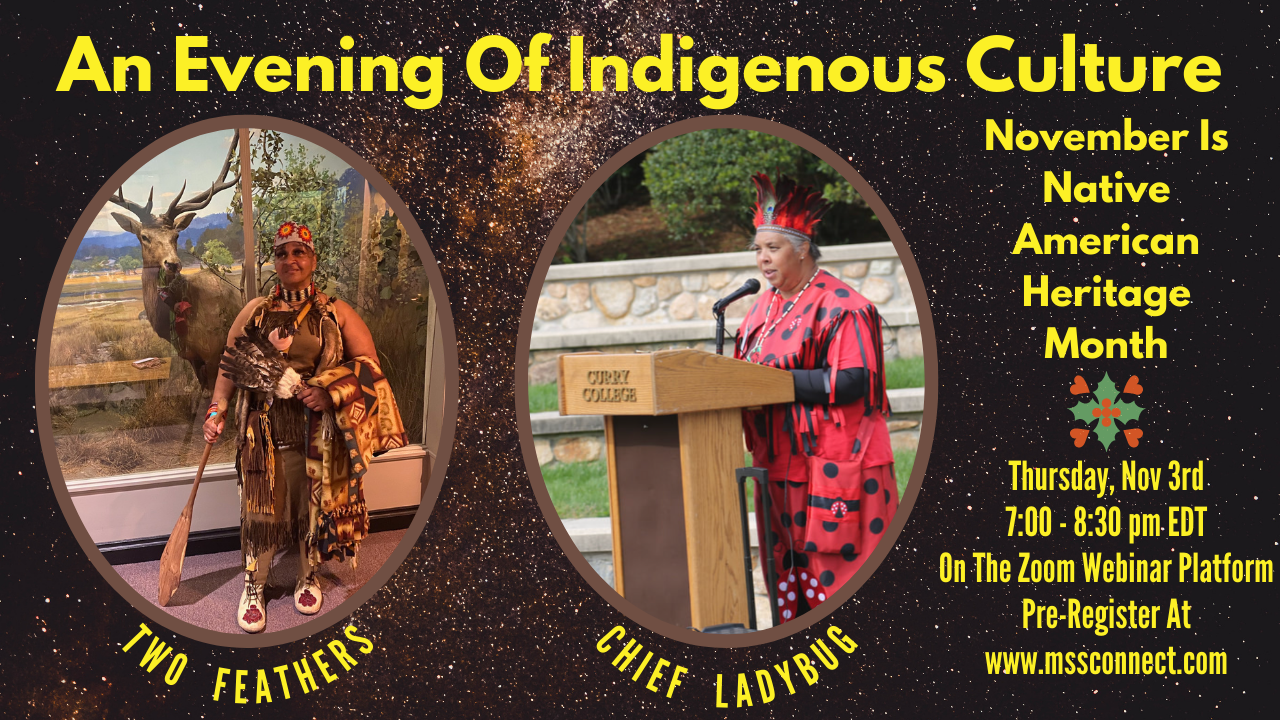November 3-4 2022
Virtual Conference Keynote Speakers
Dr. Karl Reid, Chief Ladybug, & Two Feathers
All On The Zoom Platform
Innovation, Inspiration, & Action
DEI: What Is Our Future In An Upside World
The Systems Of DEI
|
A Salute To Native American Heritage Month
An Evening Of Indigenous Culture
|
|
Two Feathers
Carlen Carter Morgan, whose Nipmuc name is Nisa Mikwanûsh (Two Feathers), is a clan mother among the Amiskanoagwiak Band of Nipmuc Indians. Historically, clan mothers were decision-makers in the community. They represented the will of the people in selecting Sachems and other important decisions. As a clan mother, Carlena works to revitalize the Nipmuc language, culture, and community. Nipmuc culture, to Carlena, means trying to live the way of the seven teachings, with respect being the number one value. The others are honesty, love, bravery, humility, truth, and wisdom. Carlena is focusing on wisdom because she believes this is something she can offer the younger members of her community. She wants to teach them the good things in life and help them to make healthy and wise choices in their own lives. Carlena sees her role as a clan mother as an important part of her identity and daily routine. Whenever she has the chance, she greets, hugs, and prays with the youth in her community. This simple gesture, Carlena believes, will help her community heal. In this way, she makes sure to hug or speak with any young person she encounters. Carlena has also encouraged many young people in the Northeastern tribal communities to understand their traditional practices and dances associated with the Northeastern native culture. Amongst many other contributions to the Northeastern region of Indian country, Carlena has also participated in High Level Political Forums during the General Assembly Sessions at the U.N. Permanent Forum on Indigenous Issues to help combat many ongoing conflicts amongst member states and Indigenous Nations. Carlena plans to open a program called NALA (Native American Literacy Alliance). She plans to combine this formal education with Native teachings to work as an advocate to counsel young Native people. She will use the Historical Trauma Experiences, which holds that Native people are still deeply wounded by what happened to their ancestors in the past and insidiously, particularly the Indian boarding school experience of the elders. In the case of the Nipmuc people, the trauma started in the early 1600’s. Their community is in the present-day New England area now called Grafton, Massachusetts. European contact caused immense changes to their way of life, including dependence on trade goods and alcohol. Loss of land, language, and traditional ways were often accompanied by the loss of many people to diseases and wars. The Indian boarding schools finished the job by taking away traditional parenting skills and Native life ways. The Amiskanoagwiak band of the Nipmuc Indian Tribe is a sovereign tribal community with a reservation in present-day Grafton, Massachusetts. |



